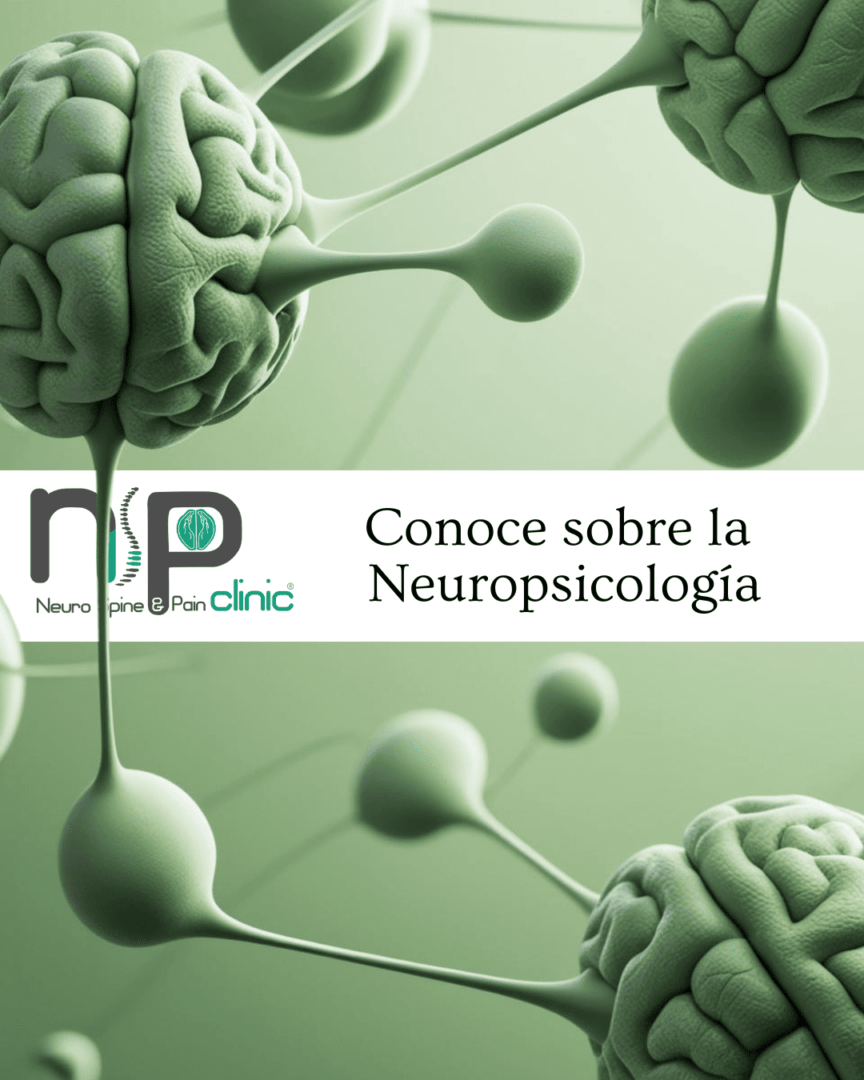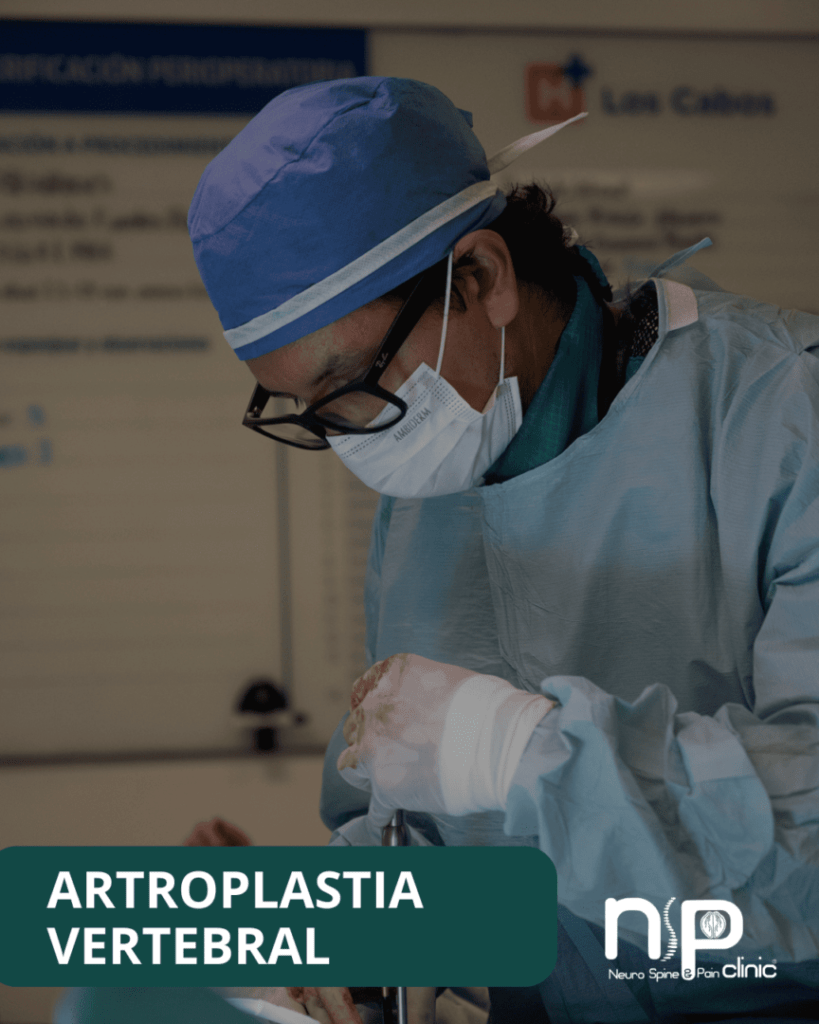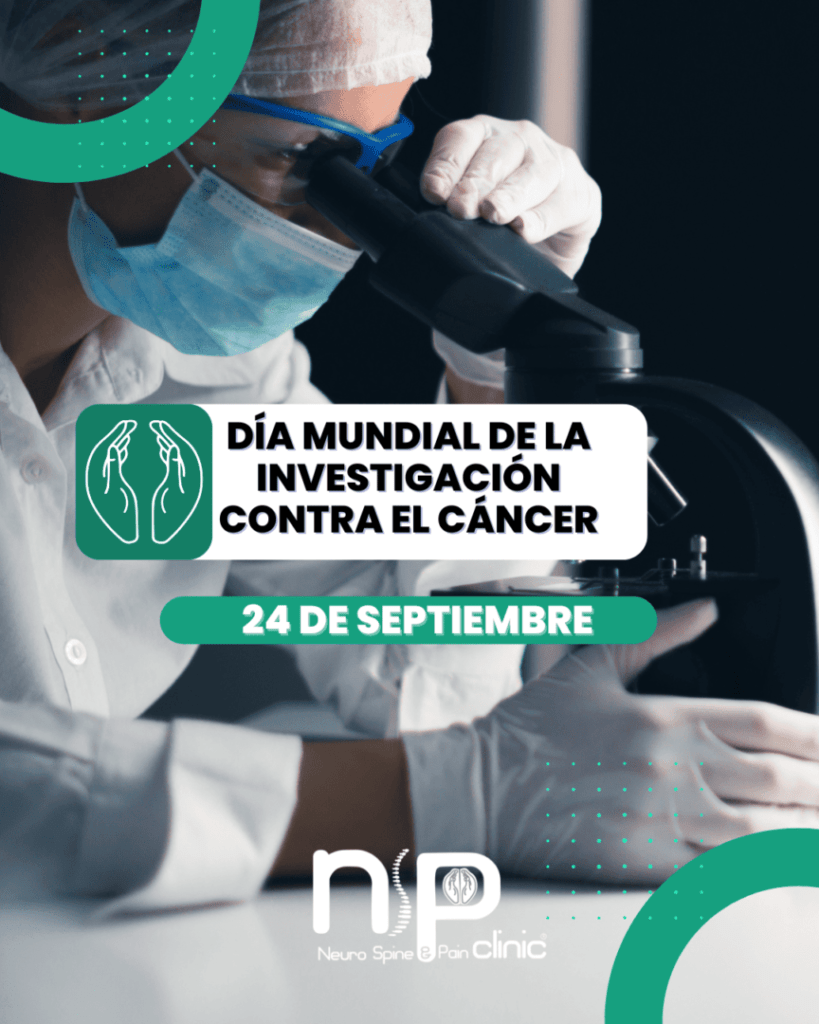Our mood fluctuates throughout the day and during the days it can also vary depending on multiple factors, but there are conditions such as depression or anxiety that, due to an alteration of some neurotransmitters, people who suffer from these conditions usually feel sad, discouraged. or with fear.
Psychiatrist Dr. Drew Ramsey along with Dr. Laura LaChance decided to investigate and share a list of nutrients that help prevent and more quickly reverse depression, they called it “The Antidepressant Food Scale” or in Spanish “The Antidepressant Food Scale.” In this scale they shared the best foods rich in nutritional density that help in mental health, prevention and treatment of depression, this scale was shared in the “American Psychiatric Association”.
Of the 34 nutrients that are known to be essential for humans, 12 nutrients have been linked to prevent and help treat depressive disorders.
These 12 nutrients are Folic Acid, iron, long-chain fatty acids such as EPA and DHA, magnesium, potassium, selenium, thiamine, vitamin A, vitamin B6, vitamin B12, vitamin C and zinc. The foods with the highest nutritional density are oysters and mussels, among other seafood such as octopus, crab and tuna, as well as some animal organs such as the liver, kidney, heart and vessel. The plant foods with the highest nutritional density are green leafy vegetables, lettuce, peppers and cruciferous vegetables.
Nutrition impacts mental health and mental illnesses through multiple mechanisms. Nutrients such as long-chain fatty acids such as omega 3, zinc, and magnesium promote BDNF (Brain Derived Neurotropic Factor), which influences In neuroplasticity, food is also a modifiable factor in systemic inflammation, which has been described as the main cause of depression according to the hypothesis of neuroinflammation disorders. Finally, the emerging role of the gut microbiota as a possible regulator of mood, cognition and anxiety is just beginning to be discovered. Dietary fiber is a prebiotic; its consumption can alter the microbiota.
Curiously, many foods rich in nutrients according to the Antidepressant Food Scale are not commonly consumed as part of the Western Diet pattern, especially the United States population does not meet its recommended daily intake of vegetables. Another example of the poor diet that the American population usually has is that 55% of the population do not meet their Daily Dietary Recommendations for Vitamin A, another 75% do not meet the Folic Acid one and another 68% the Magnesium one.
Many of the foods with rich nutrient density are of animal origin, such as liver, heart, kidney. Nowadays, vegan diets are fashionable, but there are articles about the high incidence of depression in vegan people, whenever they decide to eat some type of special diet, it is important to approach a health professional to be guided and follow a diet consciously.
Whenever you have questions about a diet, go to a health professional, at Neuro Spine and Pain Clinic we have specialists who could help and guide you.
Bibliography
1. LaChance LR, Ramsey D. Antidepressant foods: An evidence-based nutrient profiling system for depression. World J Psychiatry. 2018 Sep 20;8(3):97-104. doi:10.5498/wjp.v8.i3.97. PMID: 30254980; PMCID: PMC6147775.











